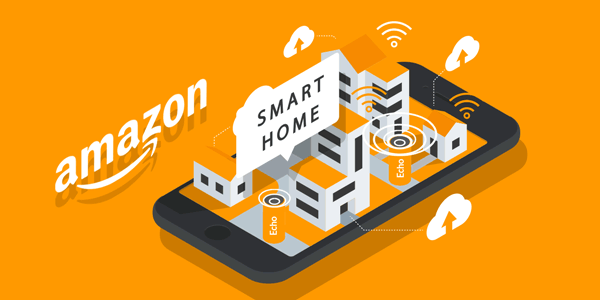Despite being in a nascent stage, smart speaker space in India has been turning out to be next battleground for Amazon, Google, Apple, and Facebook.
Amazon and Google had kicked-off sale of their range of smart speakers in October 2017 and February this year while the other two along with Alibaba and Tencent are expected to bring their own range of AI-based speakers this year.
To gain an advantage in its online commerce play and content business, Amazon has aggressively been exploring opportunities to find a place beyond the living room.
After testing its Alexa-powered Echo smart speakers with the in-car infotainment system, the company is partnering with Embassy Group to pre-install an upcoming residential project ‘Embassy Edge’ in Bengaluru with its Echo range of smart speakers.
With such pre-installations, residents would be empowered to perform several tasks including answers questions or phone calls, plays music, reads the news, sets timer and alarm, controls lights and other appliances at home, among many things.
Besides controlling Internet-connected devices, residents would also able to execute commands over non-connected appliance including dishwashers and washing machines. Using Alexa-powered central switch system, one can easily execute commands on any connected device.
The first Alexa powered smart residential project will have element of ‘ZigBee’. For uninitiated, ZigBee is an open global standard for wireless technology designed to use low-power digital radio signals for personal area networks.
For dominating smart speaker segment, Google and Amazon are at loggerheads and likely to spend about Rs 60 crore on the promotion of their voice assistant portfolio – Home and Home Mini and Echo variants respectively.
On in-car integration front, Amazon already had partnered elite car maker BMW. Unlike usual Alexa speaker, the car specific version will be pairable with the smartphone and can be mounted on the dashboard.
While the smart speaker segment is in a very early stage in India, according to a Forester report – intelligent agents such as smart speakers will directly influence 10 per cent of online purchase decisions in 2018. Such agents will leverage data to increasingly influence consumers buying patterns.
The development was first reported by ET Tech.














